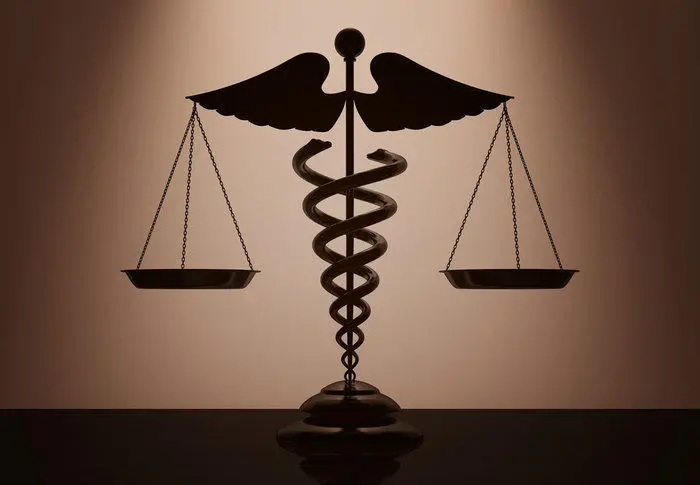
In the complex world of healthcare, legal issues can arise for both patients and providers. This is where the expertise of a healthcare lawyer becomes invaluable. These legal professionals specialize in healthcare law, which encompasses a wide range of issues, from regulatory compliance to malpractice claims. Understanding what a healthcare lawyer does can help both patients and providers navigate the intricate legal landscape of the healthcare industry.
Roles of a Healthcare Lawyer
A healthcare lawyer plays several roles that are crucial for the functioning of healthcare entities and the protection of patients' rights. Here are some key responsibilities:
- Legal Consultation: Healthcare lawyers provide legal advice to healthcare providers, including hospitals, clinics, and individual practitioners. They help ensure compliance with federal and state laws, regulations, and guidelines.
- Contract Negotiation: They assist in drafting and negotiating contracts between healthcare providers and third parties, such as insurance companies, suppliers, and other healthcare organizations.
- Regulatory Compliance: A healthcare lawyer ensures that healthcare providers comply with regulations set by agencies such as the Centers for Medicare & Medicaid Services (CMS) and the Food and Drug Administration (FDA).
- Litigation: In cases where disputes arise, healthcare lawyers represent clients in court, handling malpractice lawsuits, contract disputes, and other legal matters.
- Risk Management: They help healthcare entities develop policies and procedures to minimize legal risks and protect against potential lawsuits.
Legal Help for Patients
While healthcare lawyers commonly work with providers, they also play a vital role in assisting patients. Understanding patient rights and protections is crucial in today’s healthcare environment. Here’s how a healthcare lawyer can help:
- Patient Advocacy: Healthcare lawyers advocate for patients who feel their rights have been violated, whether it’s regarding informed consent, privacy issues, or discrimination in healthcare settings.
- Medical Malpractice Claims: If a patient believes they have been a victim of malpractice, a healthcare lawyer can help gather evidence, navigate the claims process, and represent them in court if necessary.
- Insurance Disputes: Patients often face challenges with insurance claims. A healthcare lawyer can assist in appealing denied claims and ensuring patients receive the coverage they are entitled to.
- End-of-Life Issues: Healthcare lawyers can guide families through complex end-of-life decisions, including advance directives and power of attorney matters.
Legal Help for Providers
For healthcare providers, having a healthcare lawyer on their team is essential for running a compliant and efficient practice. Here are some specific areas where they provide crucial assistance:
- Compliance with Healthcare Regulations: Healthcare law is constantly evolving. A healthcare lawyer ensures that providers stay updated on changes in regulations and implement necessary adjustments in their practices.
- Licensing Issues: They can help providers navigate the licensing process and address any issues that may arise with state or federal licensing boards.
- Fraud and Abuse Matters: A healthcare lawyer defends providers against allegations of fraud or abuse, helping them understand the legal implications and protecting their reputation.
- Employment Law: They assist healthcare entities in understanding employment laws related to hiring, firing, and workplace policies to ensure compliance and avoid litigation.
Choosing the Right Healthcare Lawyer
When seeking legal help, it’s important to choose the right healthcare lawyer. Here are some tips for finding the best fit:
- Specialization: Look for a lawyer who specializes in healthcare law and has experience dealing with similar cases.
- Reputation: Research the lawyer’s reputation through online reviews, referrals, and professional associations.
- Communication: Choose a lawyer who communicates clearly and is responsive to your needs.
- Fees: Understand the fee structure upfront. Some healthcare lawyers charge hourly rates, while others may work on a contingency basis.
Conclusion
In conclusion, the role of a healthcare lawyer is multifaceted and essential for both patients and healthcare providers. They offer valuable legal assistance, ensuring compliance with regulations, advocating for patient rights, and defending against legal challenges. Whether you are a patient needing assistance with medical malpractice or a provider navigating complex regulations, a healthcare lawyer can provide the expertise necessary to protect your interests. By understanding the roles and responsibilities of these legal professionals, individuals and healthcare entities can make informed decisions when seeking legal help in the healthcare arena.






